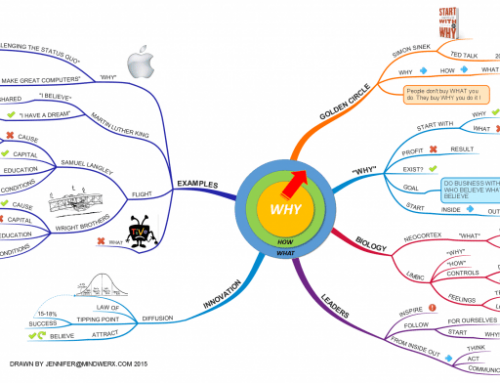 Reserve Bank of Australia Governor Glen Stevens has stirred the Productivity pot.
Reserve Bank of Australia Governor Glen Stevens has stirred the Productivity pot.
Over the last few days The Financial Review has been reporting on Stevens comments, which included that when Government and Business Leaders hear about the need to increase productivity, what they visualise is cost cuts. Typical limited thinking we see still too often – I wonder why leaders don’t learn?
But as Stevens says Productivity comes from business, their workers and managers every day doing a thousand different things a bit better than yesterday. What a fantastic revelation this must have been for his audience, who for the most part only want a silver bullet to fix everything, while they continue to stifle the ability of their people to get the job done.
Over-regulation by Government, weak and unclear leadership, and confusing work processes, plus the pressure of Information Overload are major contributors to stifling productivity. People need to be given the freedom and skills to improve productivity, in an environment of support rather than fear.
By starting with a clear purpose and focus managers and workers can determine what needs to be done, and if leadership then removes the barriers in their way, they’ll get the job done – but only if they have the skills needed to deal with everything that needs to be done.
Skills in Managing Information Overload can be gained quickly and easily, and the beauty of developing these skills is there is an immediate productivity payback.
Every day, people are confronted by vast amounts of new information flowing towards them from a multitude of sources. Almost everyone feels overwhelmed at some point when trying to absorb, understand and apply this new information. The impact on individuals varies from simple time wasting to serious health problems.
The Information Overload Resource Center reports that Information Overload, described as “an excess of information that results in an inability to concentrate on tasks and stay focused”, is a massive problem in the 21st Century. Recent Basex researchshows Information Overload costs the U.S. economy around $900 billion per year.
For organisations, the effect of having overloaded employees is compounded and results in poor performance and a massive loss of productivity. For example, Intel’s own research indicated each knowledge worker loses eight hours per week due to Information Overload, which for a company its size would result in a cost of around $1 billion per year.
While not the only approach to increasing productivity, Managing Information Overload meets Stevens vision of each day doing a thousand things differently to make things a little better.
Our White Paper and free eCourse spells this out in more detail.







Leave A Comment
You must be logged in to post a comment.